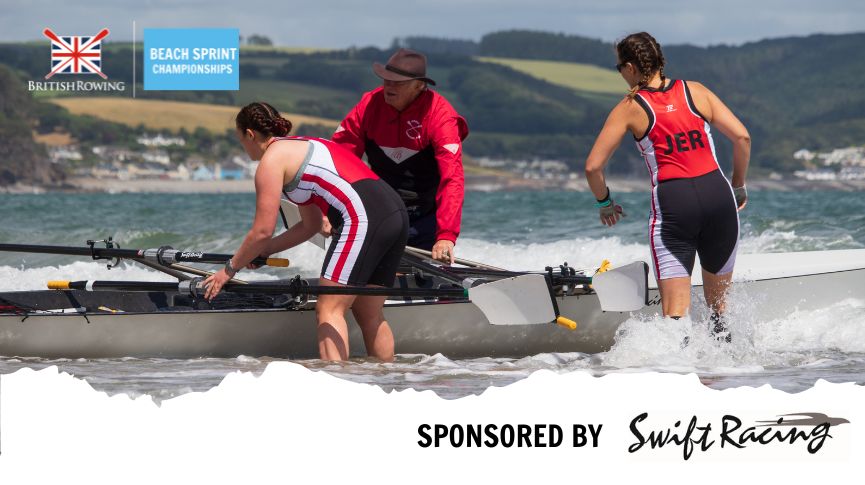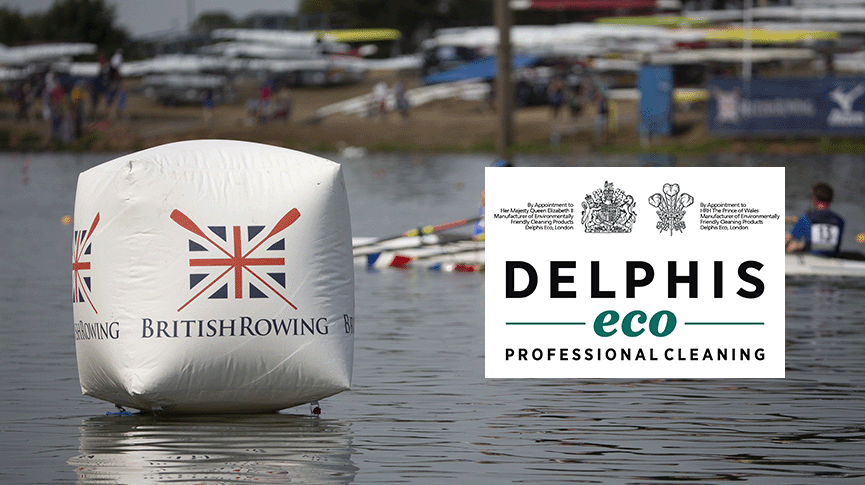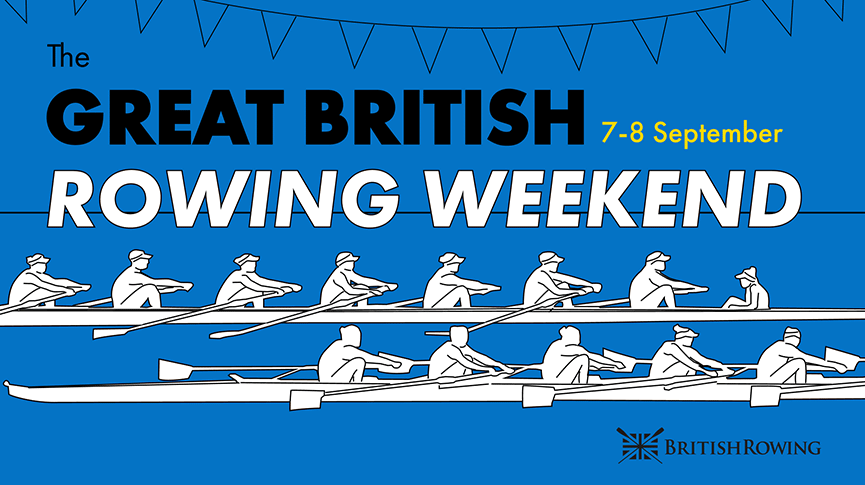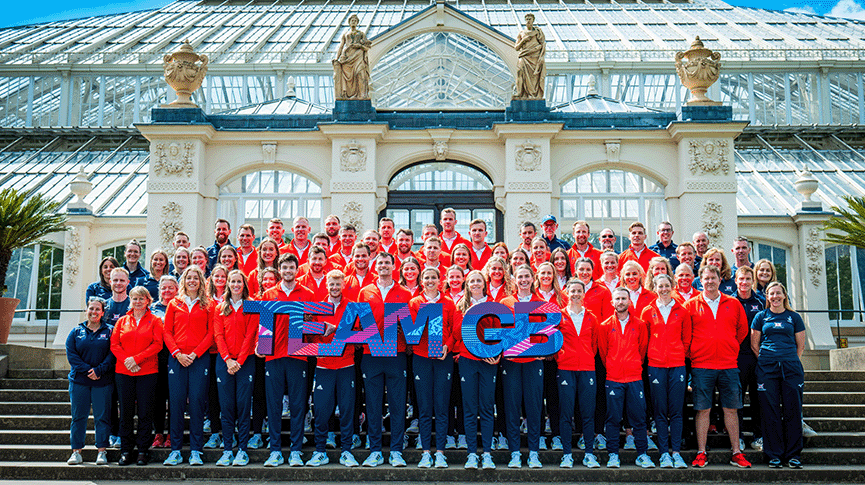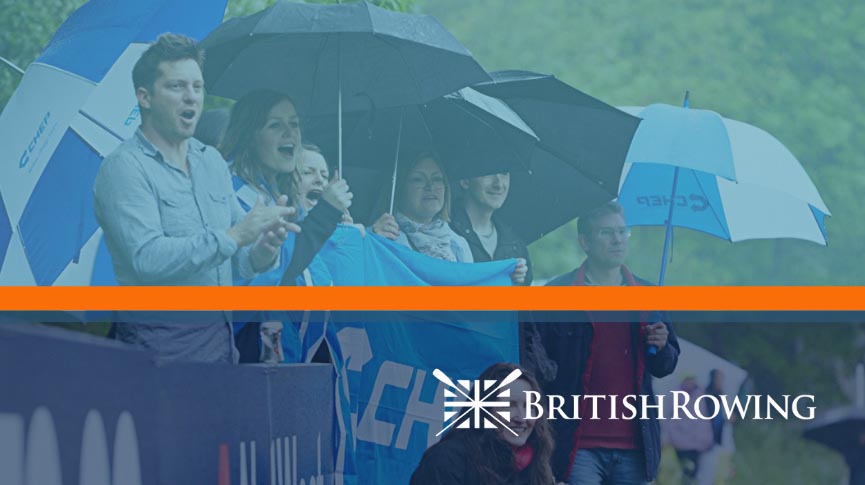Student rowers triumph in North Sea ferry race
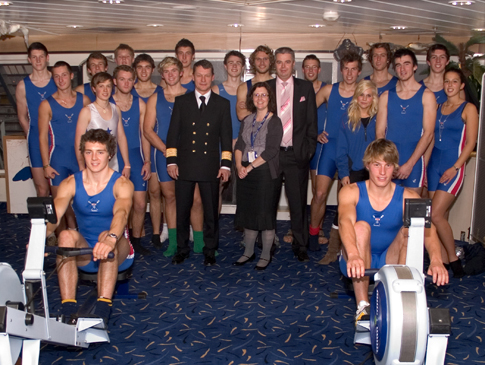
Rowers from Newcastle University Boat Club (NUBC) have successfully completed a gruelling test of their mental and physical strength in a race against a North Sea ferry.
The team of 16 rowers beat DFDS Seaways cruise ferry MS Princess of Norway across the North Sea, covering the 496km (308 miles) between the International Passenger Terminal in North Shields and Ijmuiden, just outside Amsterdam in 14 hours and 24 minutes – a full hour and six minutes ahead of the ferry’s average crossing time.
The rowers’ endurance challenge involved them linking two rowing machines together on the deck of the ferry and rowing in relays throughout voyage. The challenge began as the cruise ferry left its dock at just after 5pm and continued throughout the night. For the first five hours, the athletes rowed in three-minute relays, as they aimed to get ahead of the ferry. During the next eight hours, each athlete took longer shifts of about 10 minutes on the rowing machines, and then in final hour the relay times were reduced to three minutes again for the final push to the finish line.
Boat Club President, Andrew Corrigan, said: “It was an amazing result and we needed to show a lot of courage to be able to get through it.
“There were moments when everyone was getting tired and the test ahead of us seemed endless, especially during the early hours of the morning, but we managed to get through it and we were thrilled by our margin of victory”.
Andrew added: “We got updates from the crew on how far the ferry had travelled every two hours, and we were never behind – according to our calculations at least! Everyone was exhausted by the end after such a gruelling and virtually sleepless 15 hour marathon”.
The rowers undertook the challenge to attempt to raise £10,000 towards the £30,000 average annual running costs of the Boat Club. The Club are currently seeking sponsorship for the coming year in order for them to meet these extensive running costs and update equipment in order to perform to the best of their ability.
Report from Newcastle University


